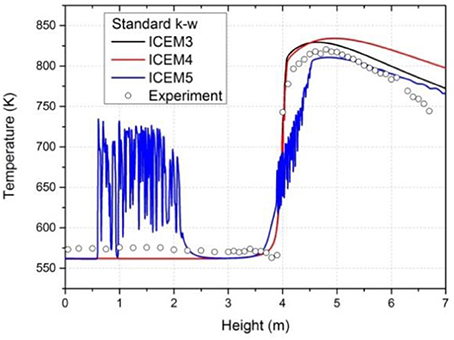Global Power Grids Struggle Amid Rising Temperatures
Hyphen Web Desk

Heatwaves are not just a temporary inconvenience but a persistent threat to energy stability. Power grids, already strained by rising demand for cooling, face additional challenges from the extreme weather conditions exacerbated by climate change. The U.S. power grid, for instance, is in dire need of upgrades to handle the intensified storms and wildfires that have become more frequent. In Texas, for example, the combination of sweltering summer heat and an aging energy infrastructure has resulted in recurrent power failures, disrupting daily life and posing significant health risks.
The issue is not confined to the United States. In June, Montenegro experienced a blackout that impacted neighboring countries, highlighting the interconnected nature of modern power grids and the far-reaching consequences of localized failures. This incident is part of a broader pattern of grid instability seen globally as countries grapple with the dual challenges of increased energy consumption and unreliable energy supply.
Efforts to mitigate these issues are ongoing, but they face significant hurdles. Upgrading the existing infrastructure requires substantial investment and time. Meanwhile, the adoption of renewable energy sources, while crucial for long-term sustainability, presents its own set of integration challenges. For instance, the variability of solar and wind energy can lead to fluctuations in power supply, complicating the task of maintaining a stable grid.
Moreover, the record-breaking ocean temperatures have further strained energy systems. The rising sea surface temperatures, which have persisted for consecutive months, contribute to more severe weather patterns, amplifying the stress on power grids. These conditions are likely to persist, as projections indicate a high probability of becoming the warmest year on record.
Countries worldwide are facing the stark reality that their power grids are not adequately prepared for the current and future impacts of climate change. The need for resilient infrastructure has never been more urgent. Without significant advancements and proactive measures, the frequency and severity of power grid failures are expected to increase, leading to more widespread and prolonged blackouts.
This situation underscores the necessity for global cooperation and innovation in energy management and infrastructure development. Addressing the vulnerabilities of power grids requires not only technological advancements but also policy reforms and strategic investments. As the planet continues to warm, ensuring a reliable and resilient power supply will be crucial for sustaining modern life and mitigating the adverse effects of climate change.
Labels:
#Syndication
Share:
